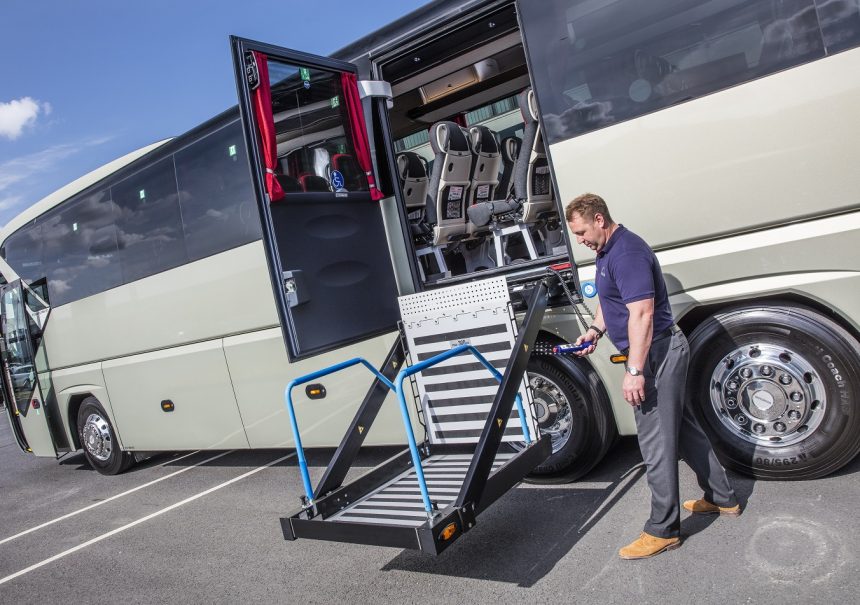It will be scant surprise to some that a government response to the PSVAR review call for evidence (CfE), and publication of the next steps in that reform process, have been delayed.
Due by the close of 2023, they are now expected during the spring, although talk is of a possible general election during that season. If such predictions come good, there could be further pushback.
The coach industry urgently requires certainty over the future approach to PSVAR. A medium-term exemption mechanism is scheduled to end in mid-2026. Concrete plans around compliance needs beyond then are imperative well in advance of that date. Delay at an early stage of the review process does not bode well.
However, there is an air of acceptance of the deferral of a response and next steps, providing that it allows the necessary work to be done thoroughly by Department for Transport (DfT) officials. Review of PSVAR has been called a once in a generation opportunity to explore reform of the Regulations. Little will be gained by rushing that process.
The Department has many viewpoints to consider as it analyses CfE submissions. The coach industry has made its position clear, but so too have organisations that desire a fully accessible coach fleet as soon as possible. DfT is now in the position of bringing all those together into a set of next steps in the review process.
To that is added consideration of decarbonisation, which was added to the CfE after lobbying. That is perhaps now complicated by a subsequent and separate CfE concerning infrastructure for zero-emission coaches and HGVs, and a likely need for the outcome of each of those exercises to work coherently with the other.
Change in ministerial responsibility could be another factor in the delay. Previous incumbent Richard Holden had suggested that the review would take significant guidance from the coach industry. His successor Guy Opperman has not yet made his position clear.
But those factors do little to ameliorate the disappointment that PSVAR review work is already falling behind schedule. Achieving compliance as needed on coaches where it does not currently exist is a long-lead item.
It is reliant on availability of new vehicles – the general constraints on which are well known – and capacity at converters and equipment manufacturers. Don’t bet against the medium-term exemption approach seeing an extension beyond 2026.
Call for evidence on PSVAR document here.



























